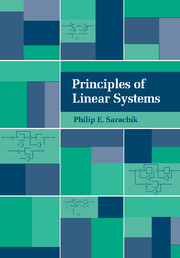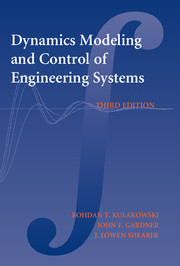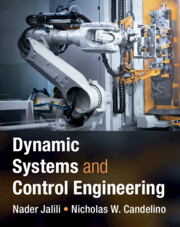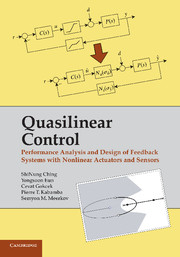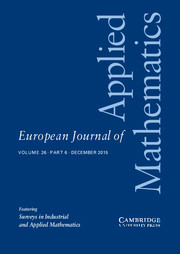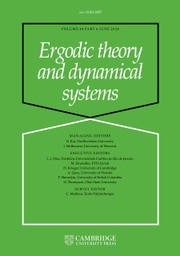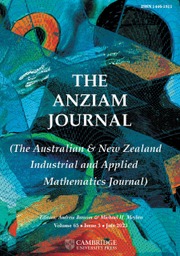Principles of Linear Systems
State-space methods form the basis of modern control theory. This graduate text is devoted to a description of these methods in the analysis of linear multi-input, multi-output dynamic systems. Following a chapter which sets out the basic concepts and definitions, state equations of finite dimensional systems, and their solution, are discussed in detail. The principles of time-domain and frequency-domain analysis are then presented, as are the properties and applications of the Z-transformation. Separate chapters deal with the controllability, observability, and stability of linear systems. A useful tutorial review of the key results from matrix theory and linear algebra is given in the appendix. The book includes several worked examples, and there are problems at the end of each chapter. It will be of great use to advanced undergraduate and graduate students of electrical or mechanical engineering taking courses in linear systems or control systems.
- Includes a good deal of background material
- Taught at every university with an electrical engineering department
- Well respected author, Fellow of IEEE
Product details
June 1997Paperback
9780521576062
296 pages
253 × 178 × 18 mm
0.53kg
106 b/w illus. 153 exercises
Available
Table of Contents
- 1. Basic concepts, terms and definitions
- 2. State equations of finite dimensional linear systems
- 3. Principles of time domain analysis
- 4. Solution of the dynamic state equations
- 5. Frequency domain analysis for fixed analog systems
- 6. The Z-transformation of discrete-time signals
- 7. Frequency domain analysis of discrete systems and applications of Z-transforms
- 8. Controllability and observability of linear systems
- 9. Stability of linear systems
- Appendix: review of matrix theory.

